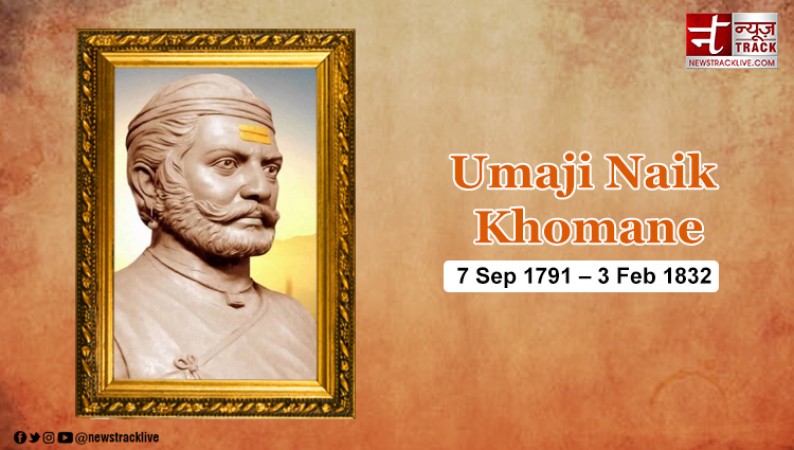
On September 7, 1791, a courageous and determined soul was born in the small village of Khomane in Maharashtra, India. This man, Umaji Naik, would go on to become one of India's earliest freedom fighters and a symbol of resistance against British colonial rule. His life and actions serve as a reminder of the indomitable spirit that fueled the struggle for India's independence during the 19th century.
The Early Years of Umaji Naik
Umaji Naik was born into a world marked by political upheaval and change. The late 18th and early 19th centuries were a tumultuous period in India's history, with the British East India Company expanding its influence and control over various regions. Umaji Naik came of age during this time, witnessing the gradual erosion of Indian sovereignty.
The Fall of the Maratha Empire
One of the significant events that shaped Umaji Naik's destiny was the fall of the Maratha Empire. The Marathas had been a formidable force in India, but by the early 19th century, their power was waning. The British had steadily gained control over Maratha territories, and this transition marked a pivotal moment in India's history.
Umaji Naik's Resistance
It was against this backdrop of political turmoil that Umaji Naik decided to take a stand against the British. He raised a small army of like-minded individuals who shared his passion for freedom and independence. Umaji Naik's anti-British manifesto called upon his fellow countrymen to rise against foreign rulers and reclaim their homeland.
The British Response
The British government was quick to recognize the threat posed by Umaji Naik and his followers. To capture him, they announced a substantial bounty of 10,000 rupees, a considerable sum at the time. Mr. Trambak Kulkarni was tasked with the responsibility of apprehending this valiant freedom fighter.
Umaji Naik's Arrest and Execution
Despite Umaji Naik's heroic efforts to evade capture, the British forces sent by Trambak Kulkarni eventually apprehended him. He put up a fierce fight, but the odds were against him. After his capture, Umaji Naik faced a trial that was, in reality, a mockery of justice. The British authorities were determined to make an example of him. Ultimately, he was sentenced to death and hanged in Pune on February 3, 1832.
Legacy of Umaji Naik
Umaji Naik's sacrifice and unwavering commitment to the cause of Indian independence left an indelible mark on the struggle against British rule. His bravery inspired countless others to join the fight for freedom. His story continues to serve as a testament to the resilience and determination of the Indian people in their quest for self-determination.
As we commemorate the birth anniversary of Umaji Naik, let us remember his remarkable contribution to India's struggle for independence. He was not just a man born in a turbulent era; he was a symbol of resistance, an embodiment of the spirit that drove an entire nation to challenge colonial oppression. Umaji Naik's legacy lives on, reminding us of the sacrifices made by those who came before us in the pursuit of freedom and justice.